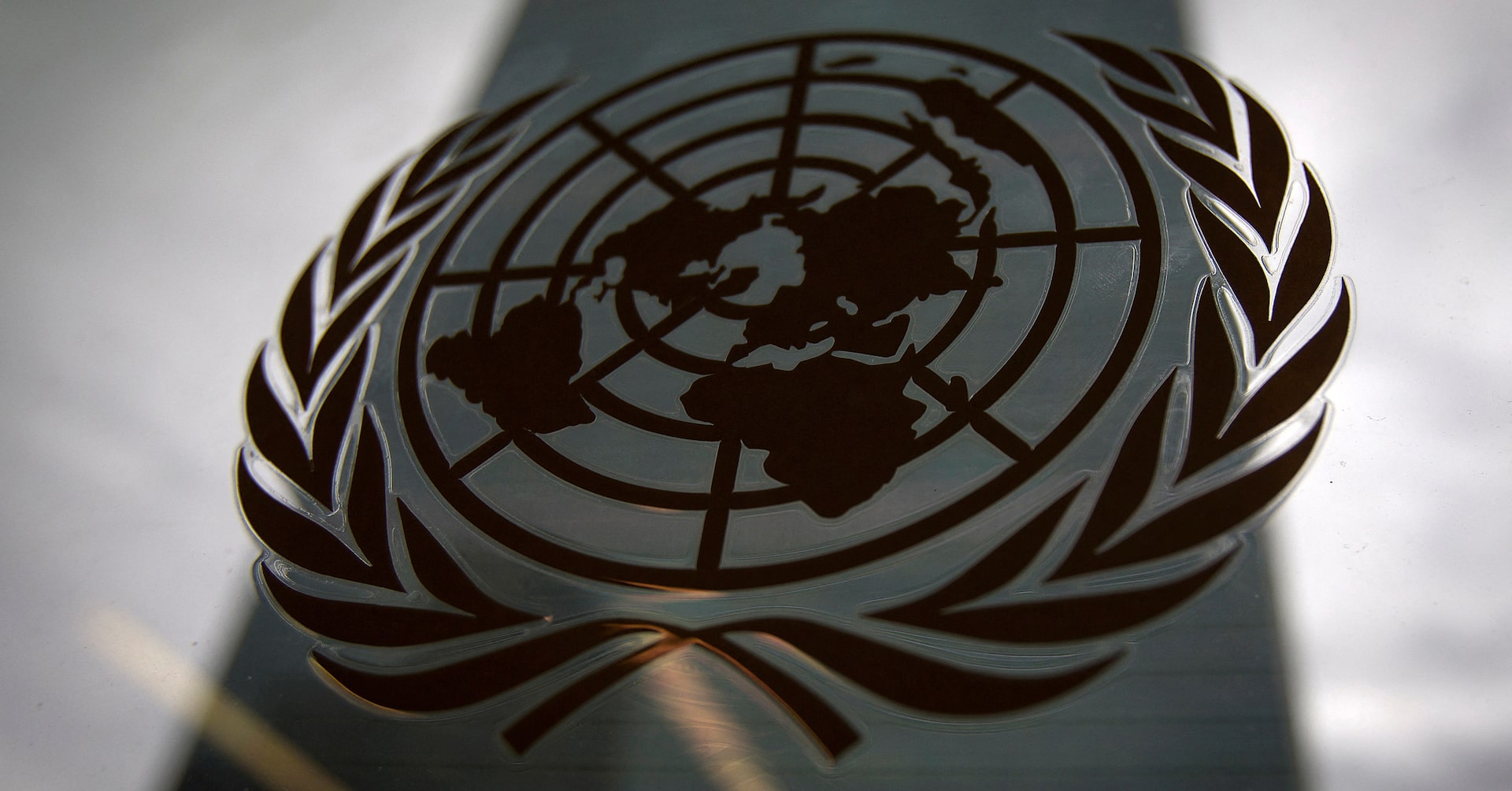Global Corporations Challenged: UN Launches Groundbreaking Nature Conservation Fund

At a pivotal United Nations conference in Rome, a groundbreaking initiative was unveiled Tuesday, challenging biotech and pharmaceutical companies to contribute financially to the preservation of the world's natural genetic resources. These innovative firms, which leverage the intricate genetic blueprints of nature to develop everything from cutting-edge weight-loss medications to luxurious cosmetic products, are now being urged to support conservation efforts.
The newly launched dedicated fund represents a significant step towards recognizing the immense value of biodiversity and ensuring that the companies profiting from nature's genetic diversity play a more active role in its protection. By creating a mechanism for these corporations to give back, the initiative aims to balance commercial innovation with environmental stewardship.
As the global community becomes increasingly aware of the delicate ecosystems that provide the raw genetic material for scientific and commercial breakthroughs, this call for corporate responsibility signals a growing commitment to sustainable development and equitable use of natural resources.

